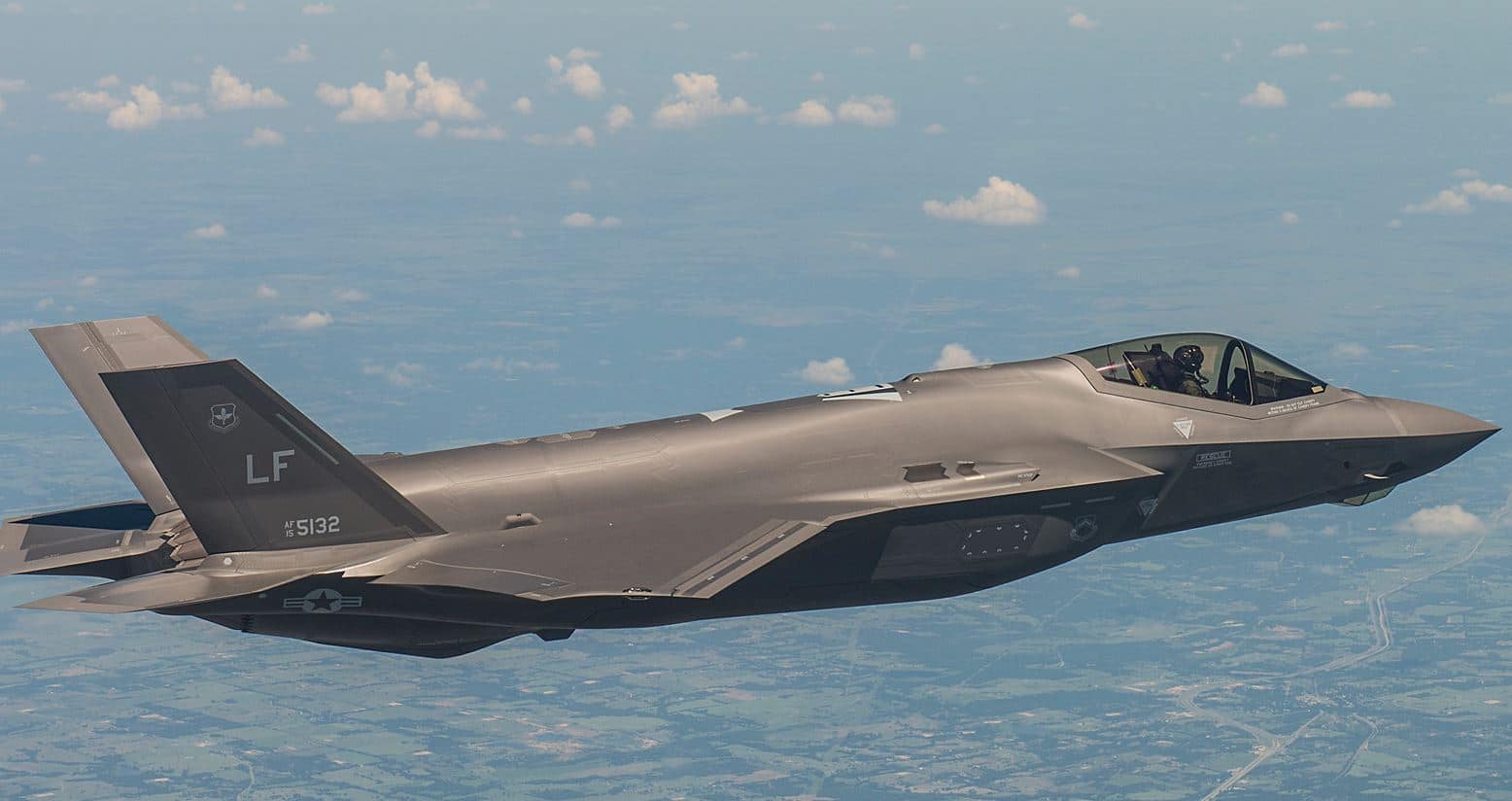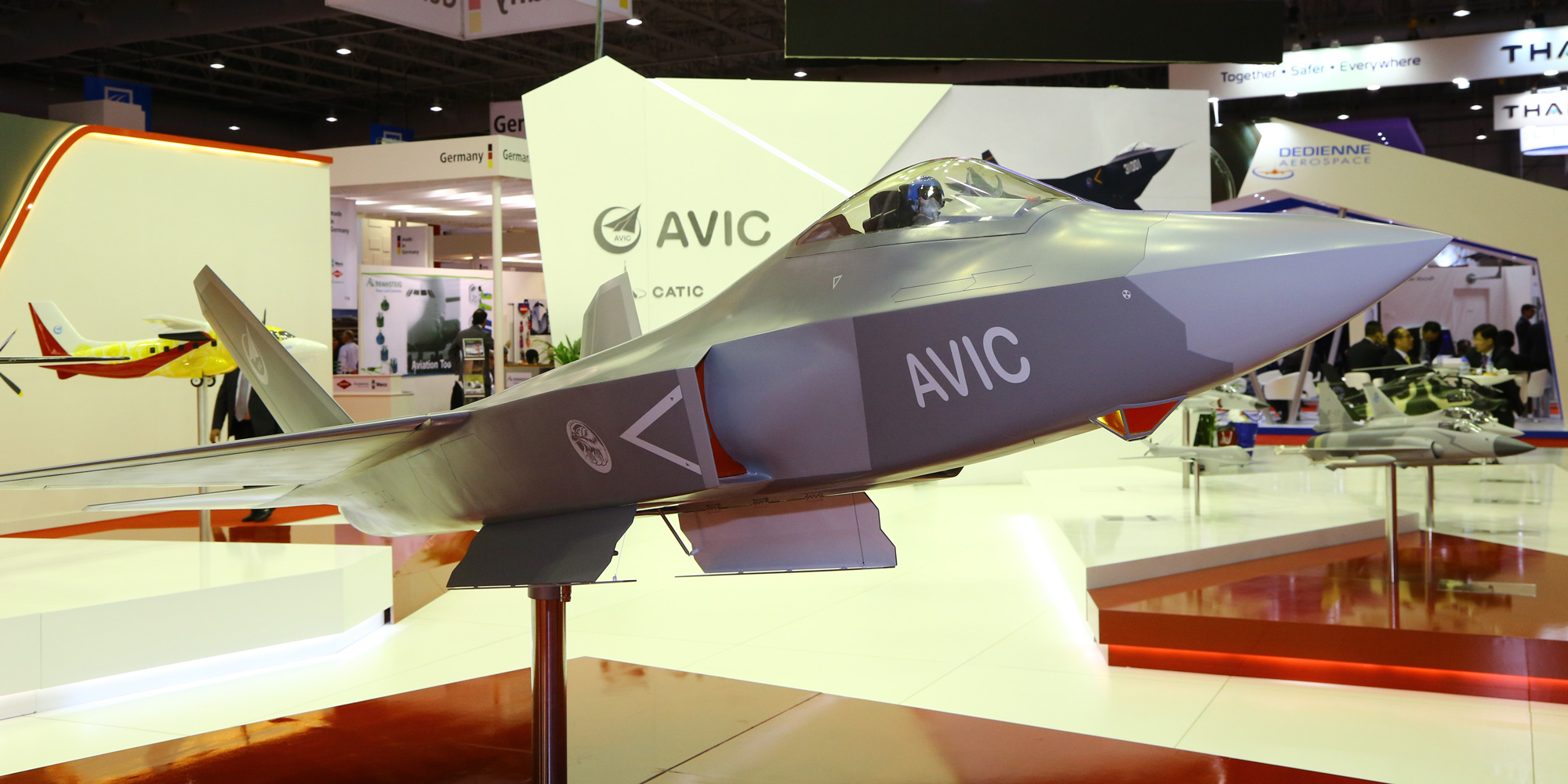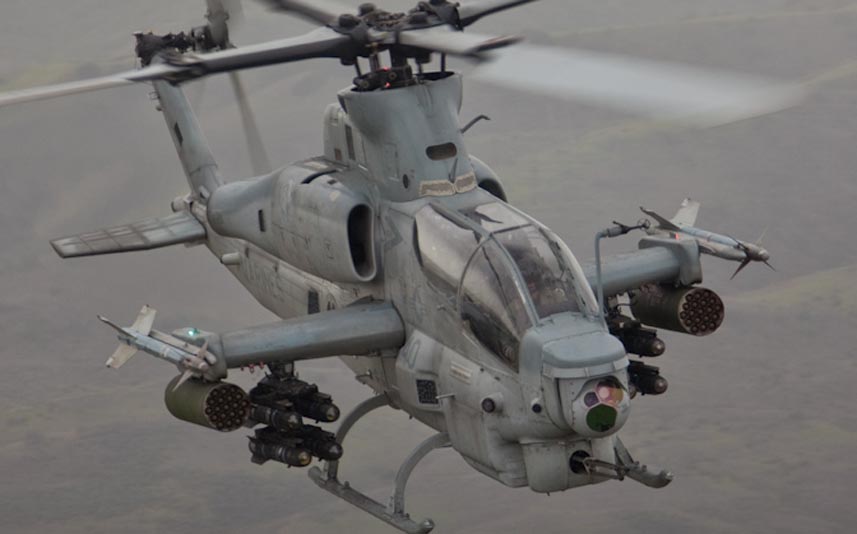373Views 13Comments

US officials contemplating Turkey’s F-35 involvement in light of S-400
With the Turkish government affirming its commitment to procure Almaz-Antey S-400 long-range surface-to-air missile (SAM) systems from Russia, U.S. officials are examining various options regarding Turkey’s involvement in the Lockheed Martin F-35 Lightning II program.
Speaking to Defense News, the deputy undersecretary of the U.S. Air Force (USAF), Heidi Grant, confirmed that there will be no interoperability between the S-400 and NATO systems. However, Grant had indicated that Ankara’s S-400 acquisition could have long-term policy consequences, generally in regards to Turkey’s access to U.S. technology and assistance, and specifically its participation in the F-35.
While admitting that Washington is far from crafting a substantive response, Grant outlined that guarding the F-35’s critical aspects (e.g. stealth or low radar-detectability attributes) were of critical importance to the program inherently and the fact that it is to be flown by the U.S. and its key allies.
However, the matter is complex and multi-faceted. Turkey’s involvement in the F-35 spans beyond simply acquisition, but it also involves the participation of its industry. Turkey’s workshare inputs for the fighter include aerostructures, including the central fuselage, wiring systems, onboard electronics and stand-off range surface-to-air munitions, including a variant of the Roketsan Stand-off Missile (SOM-J). Moreover, the Turkish industry’s participation in the F-35 includes both public and private-sector companies.
Turkey is also a large NATO power, not only from the standpoint of its standing forces, but also from the fact that it is a major consumer of U.S. and European defence services and solutions. Within the scope of its supply localization efforts, Turkey is engaging with BAE Systems, Eurosam, Airbus Defence and Space, Leonardo and others, providing these companies with business.
Moreover, other U.S. allies, such as Saudi Arabia and the United Arab Emirates (UAE), are also engaging with Russia on various defence cooperation fronts. The Saudis in particular have expressed interest in the S-400 air defence system, while also being operators of the Terminal High Altitude Area Defense (THAAD) system. On the other hand, the U.S. is interested in having UAE collaborate with the U.S. defence industry in various research and development initiatives.
In effect, Russia’s big-ticket items – particularly sensitive systems such as the S-400 – are a serious factor in the procurement efforts of several U.S. partners, not just Turkey. However, in contrast to Saudi Arabia or the UAE, Turkey’s decisions are not limited to affecting the U.S., but Western Europe as well. Russia is an immediate and perennial concern for France, Germany and the Central European powers, so it may be possible that Washington’s concerns stem from that facet as well (which is a notable differentiator from the comparable technology and industry issues of Saudi Arabia and/or the UAE buying the S-400).



13 Comments
by Ahsan Jamil
What exactly happened in Syria after S400 deployment that almost EVERYONE covertly involved in the conflict ended up placing orders for S400? was it really that good?
by sam
what great about turkey is, they always have plan B, even if plan A in full process.
did anyone surprised, why turkey needs TF-X program and proceeding fast on development., when they are partner nation and part manufacturers of F-35.
because US always showed they are not reliable, even after procurement, there is no guarantee they will not create problems in maintenance.
by Türker Demircan
TF-X Project is to replace F-16s after 2030 (F-35s are to replace F-4 fleet which already modernized upto 2020)…First F-35 for Turkey expected for next year but I am sure there will be delays..I am totally agree about realibility of US
by T-123456
The F-35 takes over the F-4 role while the TFX takes over the F-16 role,even without the F-35 we still need a comparable fighter-jet.
by Jean Racine
Actually, we know both the US and Israel notified Russia ahead of strikes on Syrian targets. Knowing this, can we deduce anything about its effectiveness in Syria? Occam’s Razor would imply geopolitics at play, in my opinion.
by TZK
According to some commentators the USA have been flying missions in Syria using F22 without alerting the Russians. There is also the incident of the Israeli F35 damaged by bird strike ( presumably its so stealthy even the birds cannot see it!) which some commentators attribute to Russian supplied Syrian S200 which is inferior to S400. I think US made a strategic error in giving F35 to Israel before any of the other partner nations as they will test it live and all it needs is a downed Israeli F35 for others to cancel.
by Sami
F-35 is a highly networked, software-driven aircraft. It requires frequent updates from Lockheed Martin through the ALIS system and satellite. It doesn’t make sense for the US to –NOT– take Turkey’s money in exchange for some “doctored” F-35s that the Pentagon/CIA can remotely control anyway. F-35s can never be used against US interests, regardless of who’s flying them.
https://www.lockheedmartin.com/us/products/ALIS.html
by Jean Racine
So all the contretemps about Turkey’s continued participation in the F-35 program and the S400’s exclusion from integration into NATO’s air defence architecture is just misleading noise?
In my opinion, the Turks made a statement about their independence and NATO’s procurement writ, and this is only the beginning of NATO’s response to that statement.
by Joseph
But that gives Russia accurate time and location to use S400’s radar and monitor US and Israel aircraft. Could even spotted F-35s, which Russian sales people would undoubtedly boast about it when trying to sell the system.
So it really could have something to do with that.
by Joseph
It undoubtedly would sour the relationships between Turkey and other NATO members, but in short term I don’t think there is much US or other NATO members can do to Turkey. This is not enough to kick Turkey out of NATO and Turkish F-35 is already in the middle of production, this act alone does not void the contract.
Also abandoning the S400 procurement would make Turkish government look weak, which could hurt the current government’s re-election effort. From what I hear re-election of government is just about the only thing that matters in the current Turkish political environment.
Turkey’s strategic location is important to any NATO middle east operations, so for the moment US would probably have to tolerate this and just hope (Turkey probably already promised) this is a one time thing.
by ahmria
What I don’t get is that America and NATO are making such a big deal about the Turkish S400 purchase yet no such fuss has been made of Greece a fellow NATO member that also happens to have S300 systems in it inventory.
by TZK
Networks are susceptible to disrupted by viruses, electronic jamming as well as EMP. The F35 is presumably protected sufficiently from a nuclear EMP as it can carry 2 B1 nuclear bombs in its internal bays. For such a prestige weapon system developed at great cost all it would take is for one to be downed. The Israelis had a F35I damaged according to reports by bird strike but some say that a Syrian s200 was involved which is a far inferior to s400.
by Joseph
There was strong suspicion of F-35 bird damage claim and for good reasons. Because of the claimed 360 degree view of F-35’s sensors and also the fact rumors could be easily cleared by showing photos of damaged areas of the aircraft, which undoubtedly has been filed.
A bird hit damage would look very different from a missile blast or anti-aircraft gun hit.